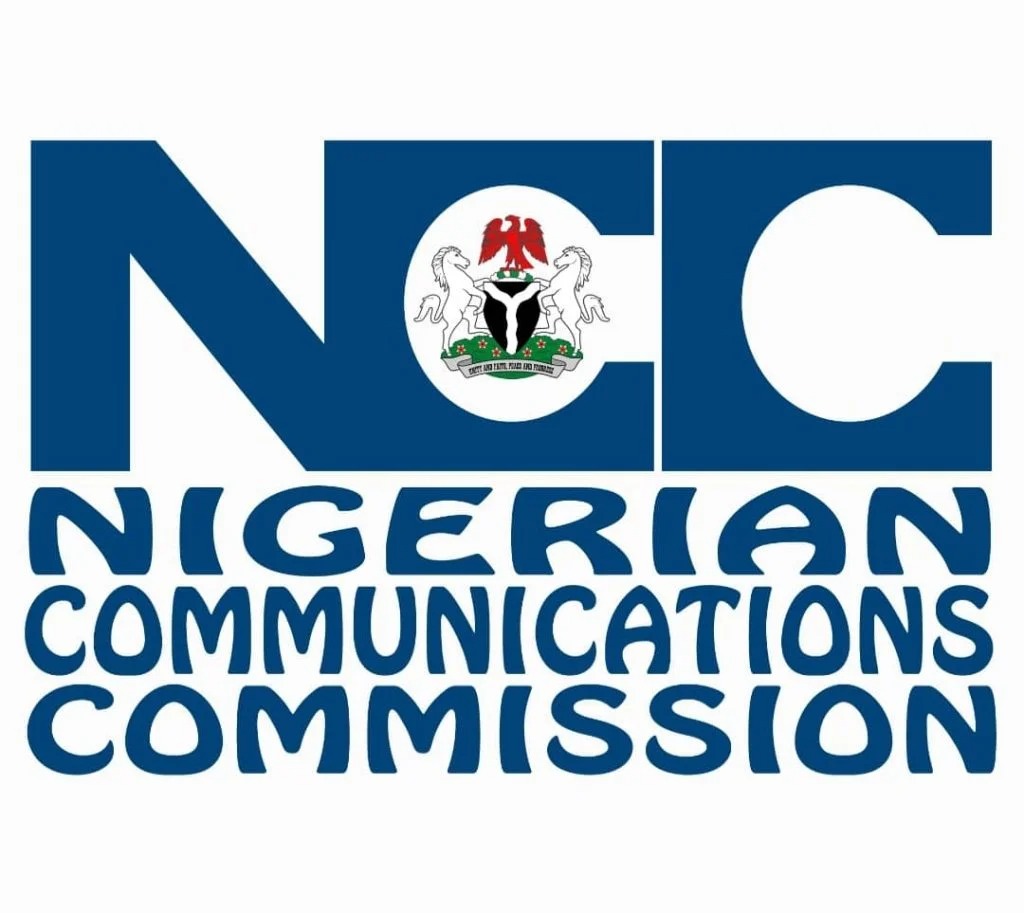NCC, IHS move to resolve diesel supply row
Nigeria’s telecom regulator and IHS Towers are working to resolve a diesel supply blockade by oil sector unions that could disrupt mobile services for millions of subscribers in Africa’s most populous nation.
IHS, which operates over 16,000 base stations serving MTN, Airtel, Globacom, and 9mobile, confirmed that the dispute is already before the courts but declined to provide further details.
“We have made formal reports to the Nigerian Communications Commission and relevant security agencies, and we are working with them towards a resolution of the ongoing matter,” the company said in a statement on Friday.
Union Blockade Over Alleged Diesel Theft
On Tuesday, members of the Nigerian Union of Petroleum and Natural Gas Workers (NUPENG) and the Natural Oil and Gas Suppliers Association of Nigeria (NOGASA) blocked access to key diesel depots in Lagos, Kaduna, and Koko (Delta State), disrupting fuel deliveries to thousands of IHS-operated telecom sites.
The blockade follows IHS’ allegation that two companies linked to NOGASA were involved in diesel theft — a matter now under investigation.
Potential Impact on Mobile Networks
Telecom operators in Nigeria rely heavily on diesel-powered generators to maintain network uptime due to unreliable grid power. A prolonged disruption could cut voice and data services in the country’s $75 billion telecom market.
Gbenga Adebayo, Chairman of the Association of Licensed Telecommunications Operators of Nigeria (ALTON), urged the unions to resolve disputes through legal channels, warning of “serious economic and security implications” if services are affected.
Critical Infrastructure at Risk
Under Nigerian law, telecom facilities are classified as Critical National Information Infrastructure, meaning intentional interference could attract penalties. IHS reiterated its commitment to keeping networks running despite the crisis.
The Nigerian mobile industry consumes over 40 million litres of diesel monthly, with annual spending exceeding $350 billion. Costs are around 37% higher for rural and off-grid sites that depend entirely on diesel.
Push Towards Renewable Solutions
To cut costs and lower emissions, operators including Airtel and MTN are investing in hybrid power systems that combine solar panels and lithium batteries. The NCC and GSMA estimate such transitions could reduce operating costs by 30–50%.














Post Comment